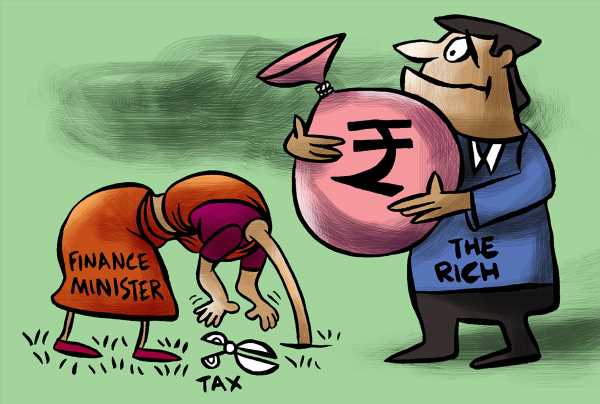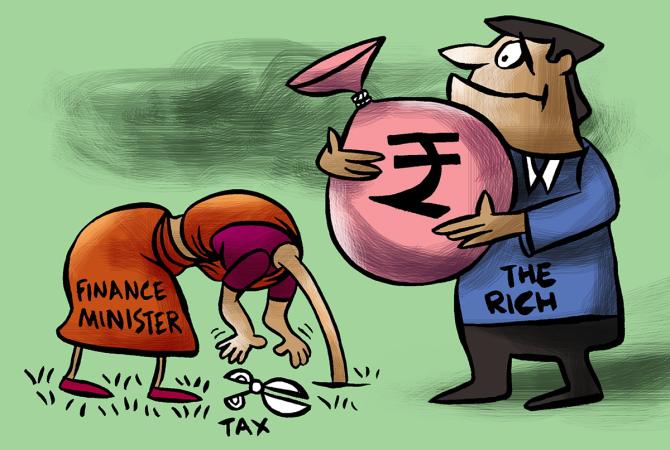
Single ITR form with focus on cryptos likely
November 2, 2022The Central Board of Direct Taxes (CBDT) has proposed a new common income-tax return (ITR), with greater focus on disclosing income from virtual digital assets or crypto assets and foreign equity and debt instruments held by resident Indians.
For non-resident Indians, the draft ITR seeks exhaustive details ranging from nature of business, permanent establishment (PE), business connection, whether the entity has significant economic presence (SEP) in India, along with the number of users in India.
The ITR protocol for NRIs could widen the scope of the SEP principle that was introduced in the Finance Bill 2018-19, and the explicitly defined ‘business connection’ to include provision of download of data or software, if aggregate payments from such transactions exceed a prescribed amount, or if a multinational’s interaction is with a prescribed number of users.
The SEP provision was deferred till 2022-23 on the grounds that a multilateral solution under OECD is being deliberated, under which all tax treaties will get amended automatically. However India has, in the meantime, expanded the scope of the equalisation levy over the last few years, to tax non-resident digital entities.
The new proposed ITR is being developed keeping in mind contemporary reporting requirements such as pass-through income or loss under various heads among others.
CBDT has sought industry stakeholders’ comments by December 15 on the proposed changes in the tax form.
Currently, taxpayers are required to furnish their Income-tax returns in Form ITR-1 to ITR-7, depending upon the legal classification of taxpayer and nature of income.
“The proposed draft ITR attempts to introduce a common ITR by integrating all existing forms of return of income except ITR-7, which is applicable for charitable institutions, business trusts, investment funds etc,” said Sandeep Jhunjhunwala, Partner, Nangia Andersen LLP.
The new common ITR form would be available in parallel to old forms in ITR-1 and ITR-4 and the assessee belonging to ITR-1 and ITR-4 categories could choose to file old forms or the new, depending on convenience.
Taxpayers filing return of income in Forms ITR-2, ITR-3, ITR-5 and ITR-6 would not have an option to file the old forms, once the new common form and related utility are notified.
The proposed draft of the new ITR form is designed to facilitate suitable reconciliation of third-party data available with the Income-tax Department vis-à-vis data to be reported in ITR, to reduce compliance burden on taxpayers.
The new form is customised for taxpayers with applicable schedules based on wizard questions.
Source: Read Full Article



